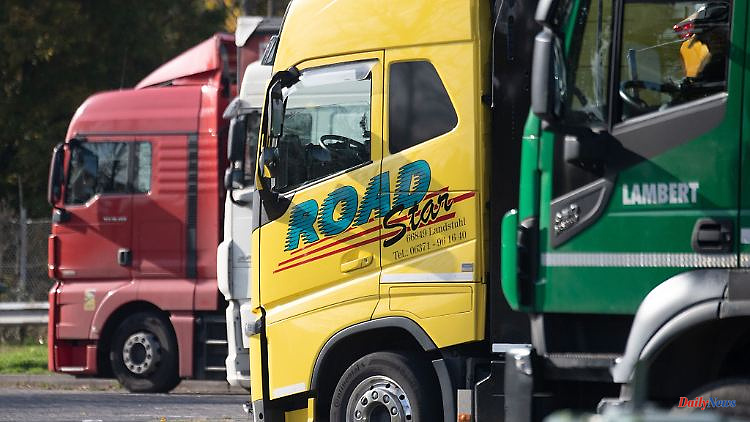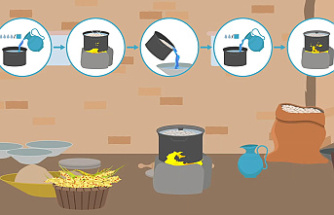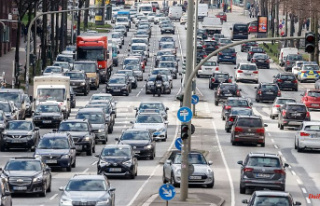Kiefersfelden (dpa / lby) - The Federal Association of Goods Transport and Logistics (BGL) is calling for the European Commission to intervene to end the Tyrolean block handling at the Bavarian-Austrian border. BGL Managing Director Dirk Engelhardt and CSU MEP Markus Ferber demanded an end to the measure with which Tyrol regularly restricts access for trucks at an on-site meeting on Monday. Long traffic jams on the Bavarian side are the result. On Monday, too, the trucks were again many kilometers long.
"The block handling is only part of the Tyrolean anti-transit policy on the most important road connection between Germany and Italy," said Engelhardt. "In addition, there are other restrictions that violate EU law, such as the sectoral driving ban, the night driving ban and the double night toll." The European Commission must now take legal action against it.
"The state of Tyrol is single-handedly undermining the free movement of goods in the EU and the EU Commission is watching idly," criticized Ferber. "If Tyrol doesn't stop the blackmail at the border, the EU Commission must finally wake up from its slumber and take the reins. Violation proceedings are long overdue."
Tyrol justifies the measure with the massive traffic load on the Brenner route. The former governor Günther Platter (ÖVP) had always emphasized that his country was a victim, not a perpetrator.
Tyrol is critical of the sluggish progress in planning new railway tracks in Bavaria for the Brenner base tunnel, which is intended to bring more goods onto the rails. The BGL complains that there are currently no adequate alternatives to transporting goods by rail due to far too little rail capacity.
On Shrove Monday, the Tyroleans began processing in blocks from 5 a.m. and initially only let 100 trucks per hour through in the direction of the Brenner Pass; by the end of the measures at 9.30 a.m. there were 300 trucks. According to the traffic police inspectorate in Rosenheim, the traffic jam sometimes reached more than 28 kilometers beyond the Rosenheim-West junction.












